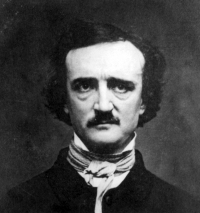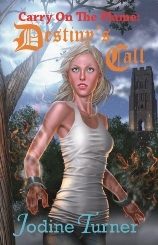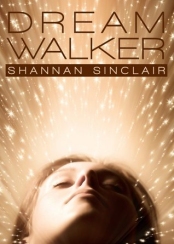The Marghdeen Learning Centre’s latest course on Iqbal is exploring the philosopher’s take on art (with a focus on literature). Though he was born in the period when l’art pour l’art was developing as a new movement, Iqbal didn’t believe in art for art’s sake. In fact, he took a dim view of it. In one of his articles published in July 1917, he wrote:
“[Art for art’s sake] appeals more to imagination than to will, and on the whole acts as a narcotic on the mind of the reader. … the good in art is not necessarily identical with the good in life; it is possible for a poet to write fine poetry, and yet lead his society to Hell. The poet is essentially a seducer; woe to his people, if instead of making the trials of life look beautiful and attractive he embellishes decadence with all the glories of health and power, and seduces his people to extinction.”
(I should add that in this article Iqbal was talking specifically about poets but his views applied to art in general.)

19th century author Edgar Allan Poe famously called didactic poetry ‘heresy’, but he was also an early pioneer of modern sci-fi
The late sci-fi author and academic Joanna Russ suggested in 1975 that all science fiction is didactic in the vein of medieval fiction. The word ‘didactic’ itself originally meant art with educational or informative content. It was only from the 19th century onwards that it was redefined to mean something ‘burdened’ with this content. It seems that this negative definition of didactic fiction coincides with the onset of modern materialism (as the outcome of the Enlightenment period).
I wonder what Iqbal would have made of visionary fiction. Part of its appeal – for me, at least – is that it isn’t art for the sake of art. And yet funnily enough, over at the Visionary Fiction Goodreads group we all recently agreed that visionary fiction isn’t overtly ‘preachy’. Is this a contradiction? Not really. We can liken it to how non-fiction deals with facts. Whilst non-fiction writers present their facts as they see them and obviously have an opinion of their own, they don’t necessarily claim to having the final word on a subject – at least, not if they’re honest.
Visionary fiction is didactic in the former sense, rather than the latter. In fact, I’ve always felt that all fiction has something to teach us, whether or not that is the author’s conscious intent. It all has a value. The real question is whether that value is ‘good’ or ‘bad’, that is, constructive or destructive. Iqbal believed the most destructive form of art is pessimistic, nihilistic, and amoral, even if it uses beautiful imagery. It glorifies death. True constructive art, in Iqbal’s view, is optimistic, life-affirming, and encourages us to face life’s challenges – large and small – with courage and dignity.
“The highest art is that which awakens our dormant will-force, and nerves us to face the trials of life manfully.”
In other words, Iqbal believed that art doesn’t just reflect human psychology (collective and individual). It can actually have a hand in shaping our destinies. A huge claim, but it resonates with those who value the power of ‘story’.


 Recently I wrote a post about the difficulty I was having with
Recently I wrote a post about the difficulty I was having with 


